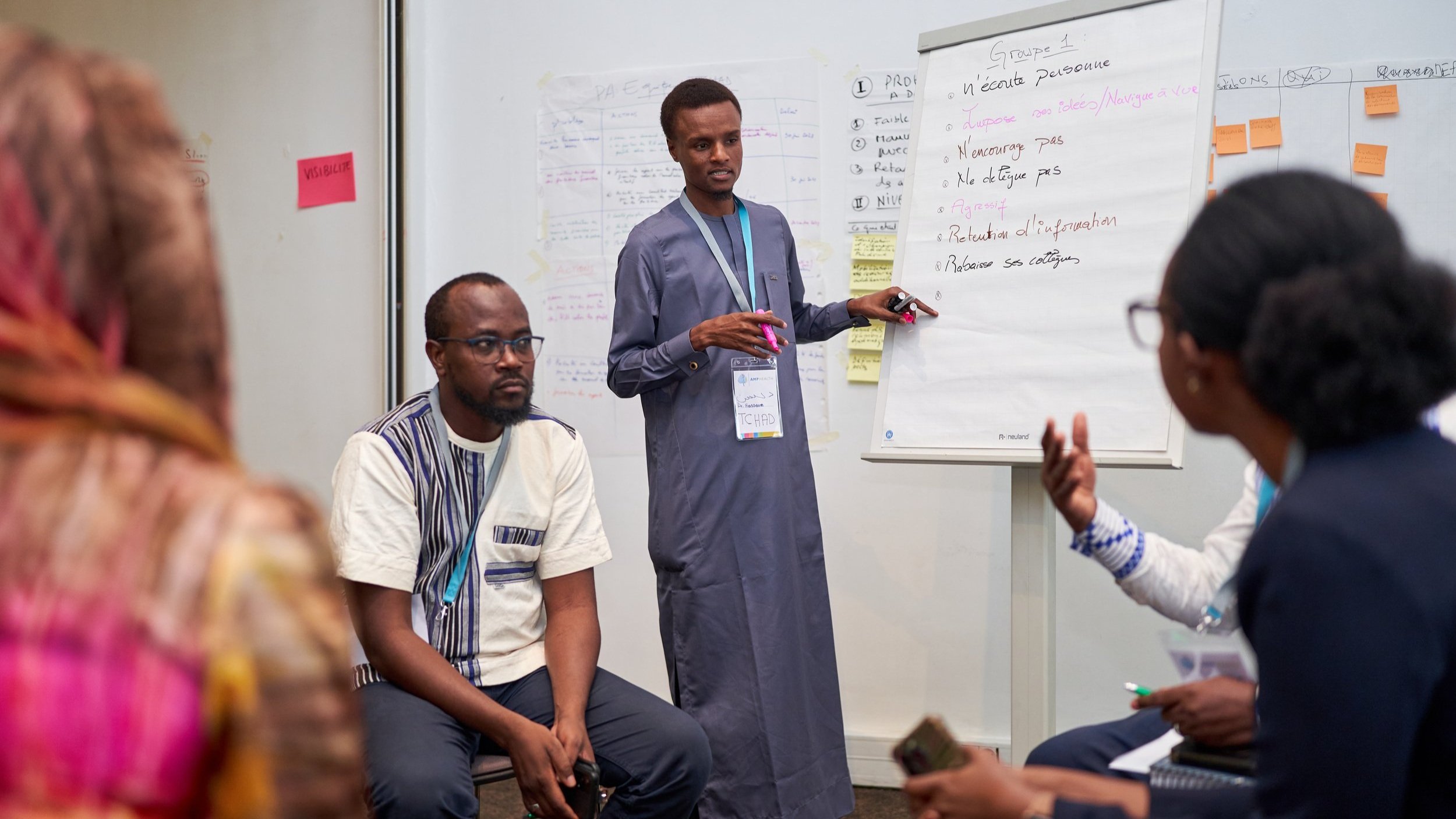The power of effective teams in improving healthcare outcomes in Africa
Have you ever considered the aspects of healthcare delivery that are not clinical? Take immunisation, for example. The World Health Organization estimates that vaccines prevent more than four million deaths every year. But this statistic is the result of more than just clinical care. For vaccines to be effective, they must be transported in an unbroken cold chain from the point of manufacture to government-mandated distribution centres, where they are distributed to clinics and hospitals based on population estimates and needs. Finally, they are administered by health professionals with the necessary equipment on hand to do so.
This complex process requires the expertise of medical professionals, but also a strong healthcare infrastructure and the coordination, collaboration, and foresight of multiple teams working together. Providing healthcare is more than just ensuring there are enough doctors and nurses on the ground. Effective teams, led by visionary leaders, are responsible for ensuring the smooth delivery of healthcare, covering both clinical and non-clinical aspects of healthcare. This includes logistics, supply chain management, human resources, data and information, and governance.
The challenges of healthcare delivery in Africa
Much of Africa grapples with insufficient healthcare, while facing a double burden of infectious and chronic diseases. A 2019 study revealed Africa’s top five challenges are:
Inadequate budgetary allocation
Insufficient human resources for health
Ineffective leadership and management
Poor data quality with poor use of data for audit
Lack of political will
The cost of the challenges facing health systems in Africa goes beyond the loss of health and extends to reduced GDP. The World Health Organization's publication, A heavy burden: the productivity cost of illness in Africa, estimated that "47% of the total cost of illness in Africa can be saved in 2030 if the health-related Sustainable Development Goals are achieved."
Focusing on leadership and management to improve health outcomes
Governments have a critical role to play in tackling complex issues and achieving their Sustainable Development Goals, which is why Amp Health works with public sector teams to help them achieve ambitious goals. We do this by focusing on leadership and management skills, enabling us to partner with teams across a range of programmes in public health and beyond.
Teams are at the heart of an institution’s ability to deliver quality services, and this extends beyond the administration of healthcare to the ministerial teams that make and pass healthcare policies. The best policies cannot lead to meaningful change without the support of a competent team that can implement them. But teams – small groups of committed, skilled people – have the power to do extraordinary things.


